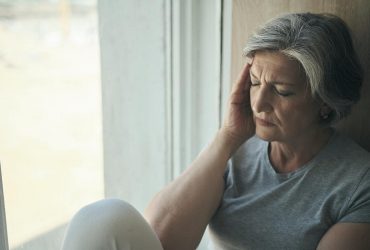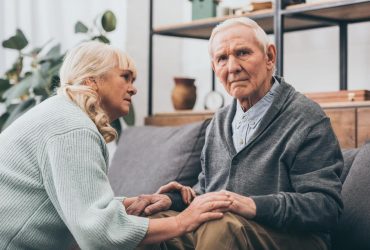Regardless of levels of autistic traits, cognitive ability is maintained
Decline seen in global cognition, memory in adults aged at least 50 years
Steeper change in depressive symptoms linked to accelerated memory change and vice versa
Risk factors include preoperative pain, psychological conditions, and longer duration of general anesthesia and ICU stay
Findings significant after adjusting for age, sex, diagnosis, and depression severity
Findings show importance of decomposing the traditional awareness score
Nearly twofold higher risk for clinical progression seen for SOMI-1 and SOMI-2; nearly threefold higher risk seen for SOMI-3/4
No benefit seen for episodic memory or executive function at six or 18 months for older adults
SNAP users had about two fewer years of cognitive aging than nonusers during a 10-year period
Middle-aged and older adults with insomnia more likely to report memory decline over subsequent three years










